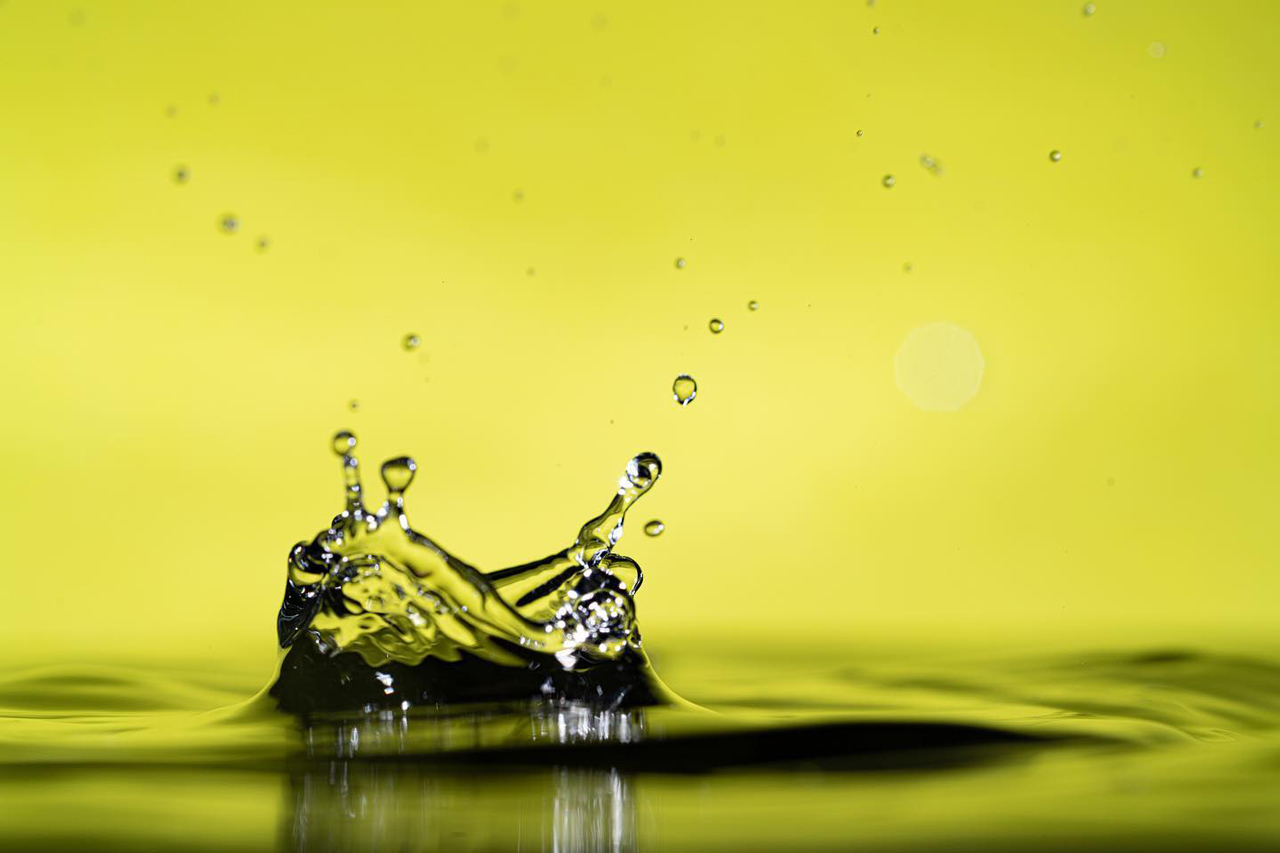
Choosing the right water treatment solution for your home can be a daunting task, particularly if you’re not familiar with the differences between a water softener and a water conditioner.
A water softener removes hardness minerals like magnesium and calcium from the water supply and scale build-up, while a water conditioner modifies the minerals’ structure to prevent them from sticking to surfaces, these provide quality water for your use.
To make an informed decision, it’s crucial to consider factors like the water supply quality, the volume of water usage, plumbing fixtures, and the presence of harmful contaminants such as organic compounds.
You may also need to weigh the pros and cons of salt-based and salt-free water softeners or the different types of water conditioners like magnetic and electronic, and their regeneration process, installation, and maintenance costs.
Navigating the Differences Between Water Softeners and Water Conditioners
Water softeners and water conditioners are two different types of water treatment solutions that address hard water issues. If you are struggling with a buildup of minerals from water, soap scum, or spotty dishes, then you may need to consider investing in a water treatment solution.
Water softeners use the ion exchange process, which is an important part of the stages of treatment, to remove minerals such as calcium and magnesium from the water, whereas water conditioners use electromagnetic or catalytic technology to transform hardness minerals into crystals that don’t stick to surfaces. While both systems have their benefits, they also have their drawbacks.
A water softener is highly effective at removing hardness minerals, therefore, improving water quality, but it requires the use of salt, which can be problematic for those on low-sodium diets. On the other hand, a salt-free water conditioner is a healthier option, but it may not be as effective as a water softener at removing minerals.
When deciding between a type of water softener and a type of water conditioner, it’s crucial to consider factors such as the quality of your water supply, the volume of water you use, the type of plumbing fixtures you have, and the presence of harmful contaminants.
You may also need to consider the regeneration process for the water treatment option, the type of system, and the cost of installation and maintenance.
Factors to Consider When Choosing Between a Water Softener and Water Conditioner
Choosing between a water softener and a water conditioner depends on several factors such as the water source, the level of water hardness, the volume of water used, and the presence of harmful contaminants.
Other considerations include maintenance, installation costs, and the type of plumbing fixtures and appliances in the home.
Types of Water Softeners and Water Conditioners: Pros and Cons
The type of water conditioners and water softeners available in the market, each with their own set of advantages and disadvantages. Here are the most common types of water softeners and water conditioners:
Salt-based Water Softeners: Pros:
- Highly effective at removing hardness minerals
- Long-lasting and low-maintenance
- Can improve the lifespan of appliances and plumbing fixtures Cons:
- Requires regular replenishing of salt
- Discharges brine into the wastewater system
- Can be costly to install and operate
Salt-free Water Conditioners: Pros:
- Does not use salt, making it more environmentally friendly
- Prevents scale buildup without removing minerals
- Low-maintenance and long-lasting Cons:
- Not as effective as salt-based softeners at removing minerals
- Can require a higher initial investment
- May not work well with water that has a high iron content
Magnetic Water Conditioners: Pros:
- Low-cost and easy to install
- Does not require electricity or salt
- Can prevent scale buildup without removing minerals Cons:
- Limited scientific evidence to support their effectiveness
- May not work well with all types of water
- Does not remove harmful contaminants from water
Reverse Osmosis Water Filters: Pros:
- Highly effective at removing contaminants and minerals
- Provides clean and safe drinking water
- Can be installed under the sink or as a whole-house system Cons:
- Can be costly to install and maintain
- Wastes a significant amount of water during the filtration process
- Removes minerals that can be beneficial to health
It’s important to consider the specific needs and characteristics of your water supply when choosing between a water softener and a water conditioner. Each type has its own advantages and disadvantages, so it’s crucial to weigh the pros and cons carefully before making a decision.
Puragain Water Can Help You Determine the Right Water Treatment Solution for Your Home
Looking for the right water-softening system for a better quality of water for your home can be overwhelming, but don’t worry! Puragain Water is here to help.
Our team of water experts can assist you in choosing the best whole-house water filtration system for your specific needs, whether it’s a water softener, water conditioner, or whole-house water filtration system.
To learn more about our water treatment solutions and how we can provide softened water and enhance your overall well-being, contact us at 855-40-WATER at Puragain Water today!

